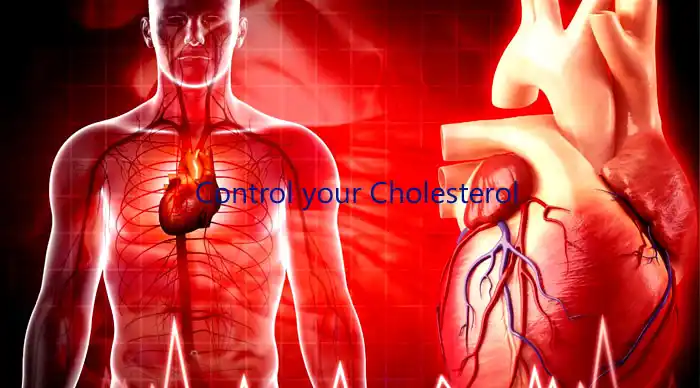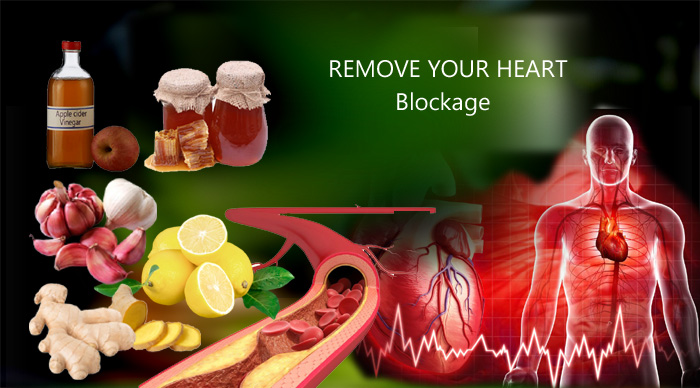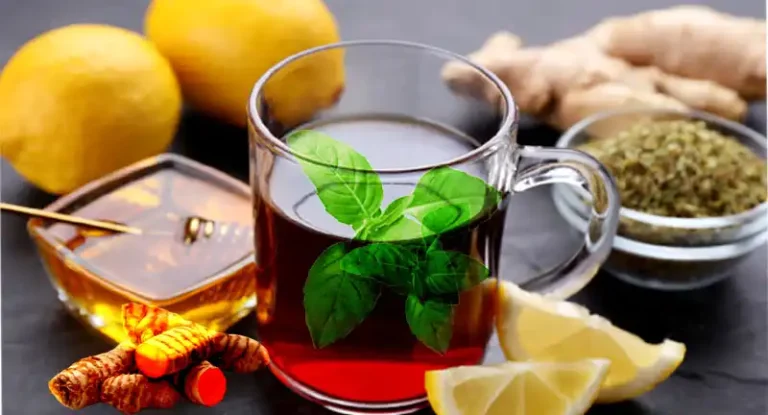Discover the surefire no-one-yet-told way to Lose Bad Cholesterol: The Untold Method Revealed
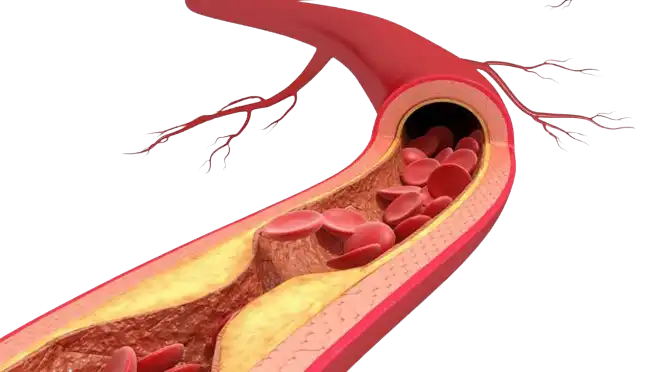
Understanding Cholesterol
Cholesterol is a waxy, fat-like substance present in all of your cells. Your body requires cholesterol to manufacture hormones, vitamin D, and digestive aids. Although your body produces all of the cholesterol it requires, cholesterol can also be found in certain foods. Humans cannot survive without cholesterol, but it should only be in the recommended level; if it exceeds that amount, it will cause a variety of problems. Examples include high blood pressure and heart issues.
Medical & Affiliate Disclosure
This content is for informational purposes only and does not constitute medical advice. Always consult a qualified healthcare professional before using any herbal or natural remedies, as the results may depend on the specific area and individual. Some links in this article may be affiliate links, meaning we may earn a commission at no extra cost to you if you purchase them. It will help to improve the website.
Where does cholesterol come from?
Our bodies get their cholesterol from two different sources. Your liver and other cells in your body account for approximately 75% of your blood cholesterol. The remaining 25 percent comes from the things you eat, notably animal products such as meats, egg yolks, whole milk, butter, cream, cheese, etc
Types of cholesterol
High levels of low-density lipoprotein (LDL), sometimes known as “bad” cholesterol, can cause plaque accumulation in the arteries, leading to heart disease and stroke.
2. High-Density Lipoprotein (HDL): HDL, or “good” cholesterol, removes LDL cholesterol from arteries, lowering the risk of heart disease.
3. Triglycerides (TGL). When you eat, your body transforms any calories that it does not need right away. High triglyceride levels can contribute to arterial wall hardening or thickening (atherosclerosis), increasing the risk of heart disease, stroke, and pancreatitis. It raises your triglyceride levels also
Misconceptions concerning cholesterol.
A common misperception is that blood cholesterol and bodily cholesterol are separate entities. However, both refer to the presence of cholesterol in various contexts
• Body cholesterol is needed for cell membrane integrity, hormone production, vitamin D synthesis, and bile acid creation. It is found in the brain, liver, nerves, and other tissues and is essential for normal biological activities.
• Blood cholesterol is cholesterol that circulates in the bloodstream and is carried via lipoproteins. LDL transports cholesterol from the liver to the rest of the body, whereas HDL returns excess cholesterol to the liver for excretion or recycling.
Maintaining Healthy Cholesterol Levels
While cholesterol is not intrinsically harmful, an imbalance, particularly high levels of LDL and TGL cholesterol and low levels of HDL, can raise the risk of cardiovascular disease. Diet, physical exercise, and heredity all have an impact on cholesterol levels.
healthy cholesterol levels are as From Trusted Source
- Total cholesterol: less than 200 milligrams per deciliter
- LDL “bad” cholesterol: less than 100 mg/dL
- HDL “good” cholesterol: higher than 60 mg/dL
- Triglycerides: less than 150 mg/Dl
Rethinking Dietary Cholesterol:
Evidence suggests that dietary cholesterol does not significantly increase blood cholesterol levels. So excessive control in food intake is not required; simply a modest amount is acceptable.
Strategies to Lower Bad Cholesterol
Exercise is the best way to lower blood cholesterol. Along with that, medication is also required.What food we eat and how often we take breaks between meals are very important. Also while eating food should be chewed patiently and should be eaten with saliva, dinner should not be high in carbohydrates, take always rich fiber food ,and dinner should be taken two hours before sleep, this is the way to avoid the accumulation of bad cholesterol drinking alcohol and smoking are absolutely to be avoided
Home Remedies for Bad Cholesterol Management
In today’s modern age, it is common for the elderly to have high levels of bad cholesterol, and to lower that level of cholesterol, they need to take strict exercise and medications and dietary restrictions. And there are many proven herbal remedies and out there, some of which we will cover here
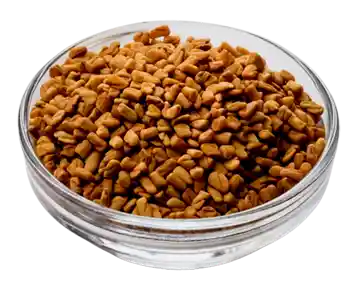
Fenugreek
Taking fenugreek is a proven and straightforward method to manage cholesterol. To use it effectively, roast fenugreek powder and consume it daily. Chew a spoonful of soaked fenugreek powder after dinner, and if possible, after every meal. By following this routine, you can lower your LDL (bad cholesterol) and triglyceride (TGL) levels within two months.Already someone who took fenugreek brought his TGL from 520 to 200 within two months
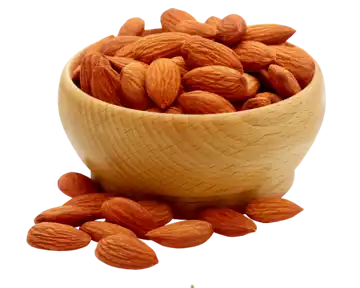
Almonds
A very simple and effective way to lower the bad cholesterol is by consuming almonds. Soak almonds in water, remove the skins, and eat 50g in the morning, evening, This straightforward method can increase your good cholesterol and lower your bad cholesterol within two months

Advantages of Adding Foxtail Millet to Your Diet
A fantastic method to reduce bad cholesterol is by incorporating small grains into your daily diet. Among these, foxtail millet stands out as one of the best choices. Foxtail millet is rich in nutrients, containing 12.3 grams of protein, 2.8 grams of iron, 8.5 grams of fiber, along with various other vitamins and minerals. Including this grain in your meals not only helps manage cholesterol levels but also aids in maintaining stable blood sugar levels.
flax seeds
Flax seeds can be eaten directly or ground into a powder and mixed with milk. Flaxseeds help prevent cholesterol from accumulating in your arteries and reduce inflammation. Consuming 30 grammes of flaxseeds each day is good for lowering the impacts of bad cholesterol in your body.
Times of India-Indian Herbs and Spices to Lower Cholesterol Levels Effectively
Source and reference:
A final view
Overall, the Cholesterol is very essential for our body, but when we eat too much junk food, cholesterol increases. Decreased physical activity is also a reason, If we should eat every time after hungry and if we do that we will never get cholesterol. Do exercise regularly and take advice from your nearest doctor and take herbal medicine given here which are all dietary supplements.and manage the bad holesterol.

